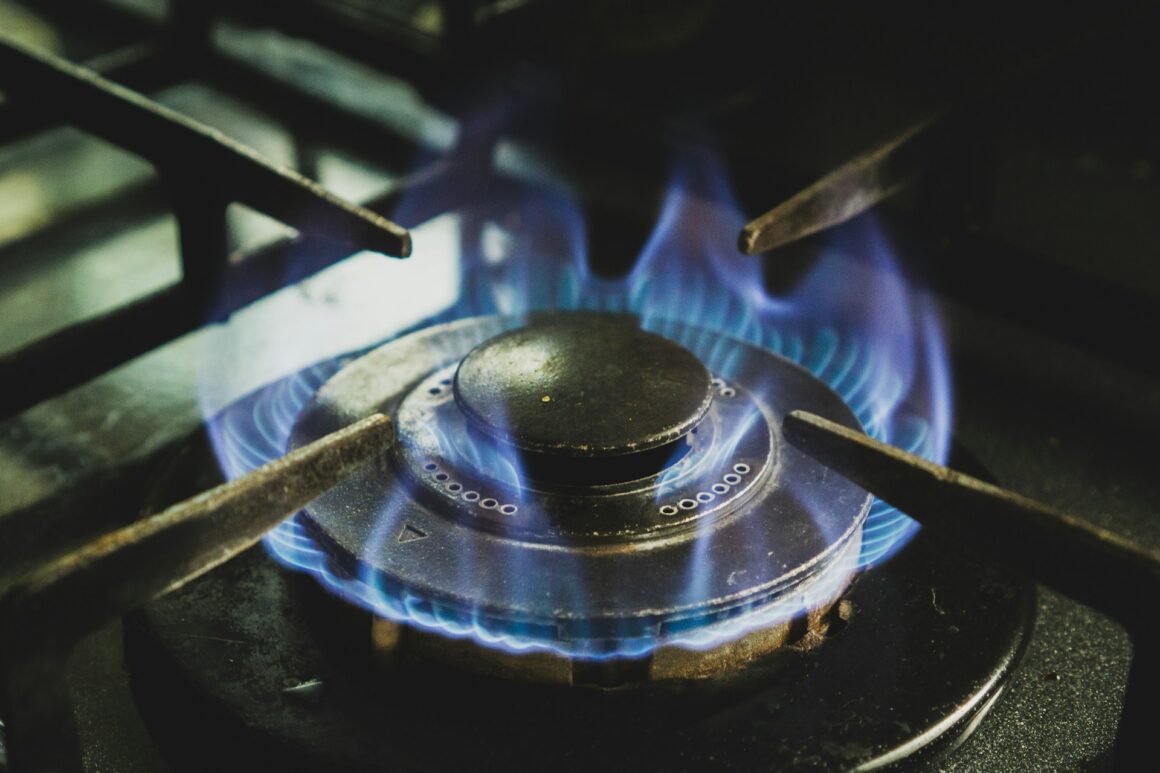The Role of Propane Companies in Preventing Explosions Due to Leaks: A Homeowner’s Guide

Propane is a widely used source of energy for heating, cooking, and powering appliances in many homes. However, it also poses significant safety risks, particularly when leaks occur. Propane explosions can cause devastating damage, injuries, and even fatalities. One critical point of vulnerability is during the initial filling or refilling of propane tanks. Homeowners must be aware of the role propane companies play in ensuring safety and the steps they should take to prevent leaks and potential explosions.
The Potential Risks
Propane is a highly flammable gas. When mixed with air, it can ignite and cause explosions. Leaks can occur due to various reasons, including equipment failure, improper installation, or human error during the filling or refilling process. Given these risks, it is essential that propane companies adhere to strict safety protocols to prevent accidents.
Safety Measures Propane Companies Should Take
When filling or refilling a propane tank, propane companies should follow comprehensive safety procedures to ensure there are no leaks. Here is a detailed list of some actions they may undertake. Please note this may not be a comprehensive list, please consult with your propane company to get their processes and procedures directly:
- Inspection of the Tank and Equipment:
- Visual Inspection: Conduct a thorough visual inspection of the tank and associated equipment to check for any signs of wear, damage, or corrosion.
- Valve and Hose Check: Ensure that all valves and hoses are in good condition and free from cracks or defects.
- Pressure Testing:
- Leak Test: Perform a pressure test to detect any leaks. This involves pressurizing the system and using a leak detection solution or electronic leak detector to identify any escaping gas.
- System Integrity Check: Verify that the tank and all connections can maintain pressure without any drops, indicating a secure and leak-free system.
- Proper Filling Procedures:
- Pre-fill Procedures: Confirm that the tank is properly connected to the filling apparatus and that all connections are secure.
- Filling Limits: Fill the tank to the appropriate level, usually not exceeding 80% of its capacity, to allow for gas expansion.
- Monitoring: Continuously monitor the filling process to ensure it proceeds smoothly without any irregularities.
- Post-fill Checks:
- Connection Inspection: After filling, inspect all connections and fittings to ensure they are tight and secure.
- Leak Detection: Perform another leak test to confirm that no gas is escaping from any part of the system.
- Safety Information and Training:
- Customer Education: Provide homeowners with information on how to detect leaks (e.g., the smell of propane, hissing sounds) and what to do in case of a suspected leak.
- Emergency Procedures: Instruct homeowners on emergency procedures, such as turning off the gas supply and evacuating the area.
- Regular Maintenance: Advise homeowners on the importance of regular maintenance and inspections to keep the propane system in safe working condition.
- Documentation and Compliance:
- Record Keeping: Maintain detailed records of all inspections, tests, and maintenance performed on the propane system.
- Regulatory Compliance: Ensure that all procedures comply with local, state, and federal regulations regarding propane safety.
What the Propane Company Should Do If They Find a Leak
If a propane company detects a leak during the filling or refilling process, immediate action is required to ensure safety. Here are the steps they should take:
- Immediate Cessation of Operations:
- Stop Filling: Cease all filling or refilling activities immediately to prevent further gas from escaping.
- Isolate the Area: Clear the area of any personnel and maintain a safe distance to avoid potential ignition sources.
- Emergency Protocols:
- Turn Off Valves: Close all valves to stop the flow of propane and isolate the leak.
- Ventilate the Area: If safe to do so, ventilate the area to disperse the accumulated gas.
- Leak Repair:
- Identify the Source: Use specialized equipment to pinpoint the exact location of the leak.
- Repair or Replace: Repair the leaking component or replace it if necessary. Ensure that all repairs meet safety standards and regulations.
- Retest the System:
- Pressure Test: Conduct a thorough pressure test to confirm that the leak has been successfully repaired.
- Leak Detection: Perform a follow-up leak detection test to ensure no gas is escaping.
- Notification and Documentation:
- Inform the Homeowner: Communicate with the homeowner about the detected leak, the steps taken to repair it, and any additional safety measures.
- Detailed Records: Document the incident, including the location and cause of the leak, the actions taken to address it, and the results of the follow-up tests.
- Preventive Measures:
- Safety Recommendations: Provide the homeowner with recommendations for ongoing maintenance and safety checks to prevent future leaks.
- Scheduled Follow-ups: Arrange for a follow-up inspection to ensure the system remains secure over time.
Your Rights as a Homeowner if There is an Explosion Due to Fill or Refill Negligence
If an explosion occurs due to negligence during the fill or refill process, homeowners have specific rights and avenues for recourse. Understanding these rights is crucial for seeking compensation and ensuring justice.
- Immediate Action:
- Ensure Safety: Evacuate the area and ensure the safety of all household members.
- Contact Authorities: Report the explosion to local emergency services and follow their guidance.
- Right to Investigation:
- Cause Determination: Demand a thorough investigation to determine the cause of the explosion. This may involve local fire departments, insurance investigators, and independent experts.
- Access to Reports: Obtain copies of all investigation reports and findings.
- Liability and Negligence:
- Negligence Proof: If negligence is proven (e.g., improper filling procedures, failure to detect or repair leaks), the propane company may be held liable for damages.
- Legal Support: Consult with an attorney specializing in personal injury or product liability to understand your rights and legal options.
- Compensation Claims:
- Property Damage: Seek compensation for any property damage resulting from the explosion, including repairs or reconstruction costs.
- Medical Expenses: Claim compensation for medical bills, ongoing treatment, and rehabilitation costs if injuries were sustained.
- Pain and Suffering: Pursue damages for pain and suffering, emotional distress, and any long-term impacts on quality of life.
- Insurance Claims:
- File a Claim: Submit a claim to your homeowner’s insurance company detailing the incident and providing all necessary documentation.
- Cooperate with Insurers: Work closely with your insurance company to facilitate the claims process and ensure you receive the coverage you’re entitled to.
- Preventive Measures and Recommendations:
- Safety Improvements: Implement any safety recommendations provided by investigators to prevent future incidents.
- Ongoing Vigilance: Remain vigilant and proactive about propane safety, scheduling regular inspections and maintenance.
Tell Us About Your Case
Contact us today at (417) 887-4300 or online to arrange your free case evaluation. Our Experienced Trial Attorneys will walk you through your legal options.


